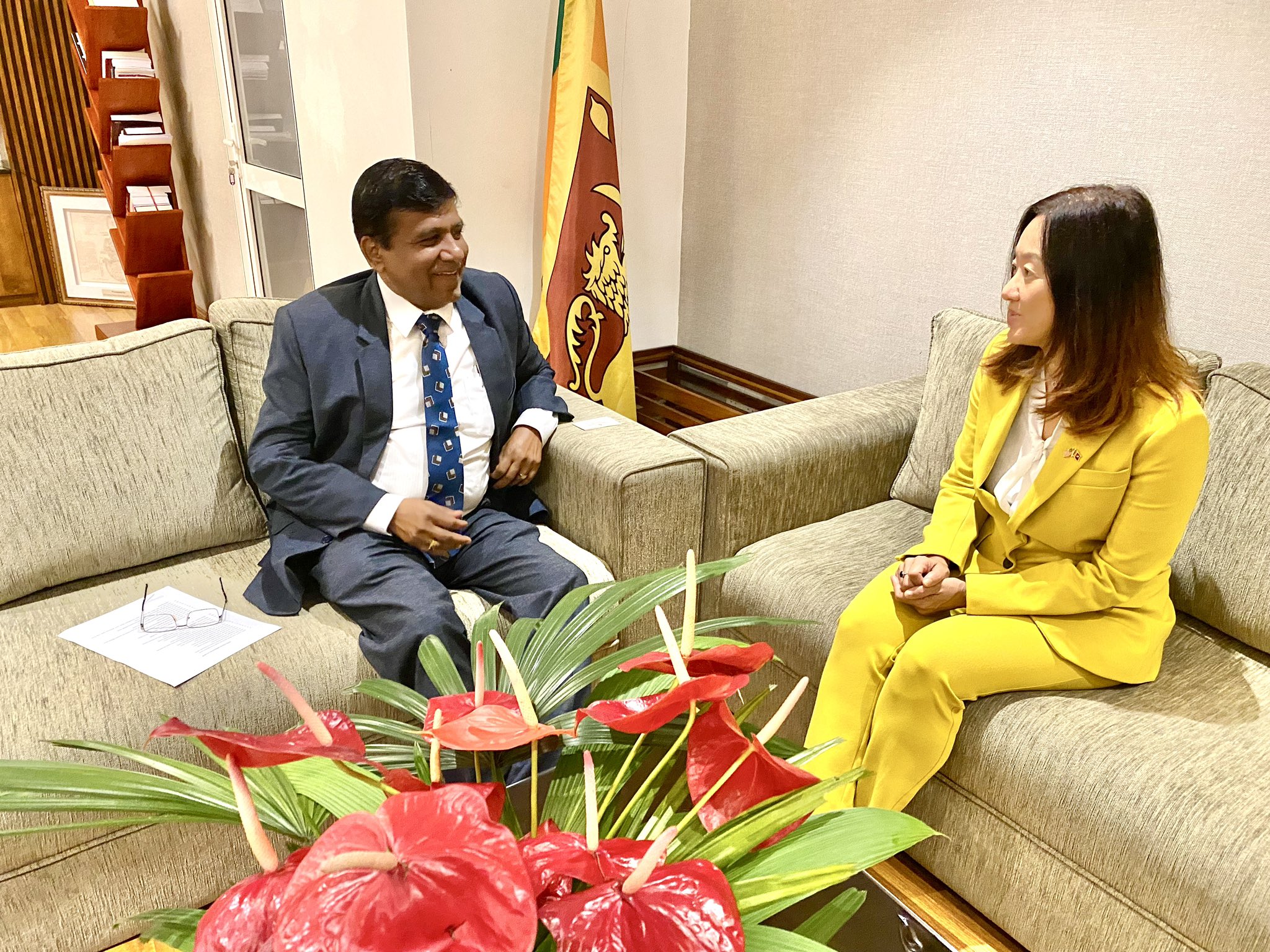![]()
UN High Commissioner for Human Rights, Volker Türk has slammed the Sri Lankan government’s ongoing anti-drug operation, “Operation Yukthiya”, and urged the government to comply with a human-rights based approach.
In a statement Türk notes that “a staggering 29,000 people have reportedly been arrested on drug related matters since 17 December”. Those detained have allegedly been subject to ill-treatment and torture.
Sri Lanka’s security forces have reportedly “conducted raids without search warrants, detaining suspected drug sellers and users, with hundreds sent to military-run rehabilitation centres. During and after these operations, people are reported to have been subjected to a number of violations, including unauthorised searches, arbitrary arrests and detention, ill-treatment, torture, and strip searches in public”.
Human Rights activist Ambika Satkunanathan posted on social media that the searches were not based on evidence but were "targeting only poor areas".
The police were arresting drug users and small-time dealers but "not focusing on large-scale traffickers", she added.
The OHCHR’s statement maintained that “people suspected of selling or trafficking drugs are entitled to humane treatment, with full respect for due process and transparent, fair trials”.
The OHCHR’s statement follows a meeting with the US ambassador for Sri Lanka and Sri Lanka’s justice minister, in which the US ambassador praised anti-drug operations.

Read more here: ‘I am extremely happy’ with Sri Lanka’s situation claims US Ambassador
The selling and use of drugs across the North-East have been rising since the end of the armed conflict. The former Chief Minister CV Wigneswaran stated in 2015 that Tamil youth are being pushed into drugs and prostitution with the help of the Sri Lankan military and in recent years high profile arrests of Sri Lankan military and Police for drug possessions are common. Sri Lankan state forces have been implicated in drug trafficking, over a dozen Sri Lankan police officers from the country’s Police Narcotic Bureau (PNB) were arrested for their alleged involvement in an illegal drug ring. Speaking in parliament in 2020 JVP MP, Vijitha Herath, claimed that the murder of Makandure Madush, a notorious drug “kingpin” who was under police custody at the Maligawatte Housing complex, was done to protect 80 politicians complicit in drug trafficking. The rise in drug use and trafficking is alleged to have been connected to senior Sri Lankan politicians. Under the guise of eradicating the 'drug menace', surveillance and harassment of the Tamil populace have been increasing and militarisation of Tamil land has become rampant.
Read more here
